How did you get there? Jansev Jemal
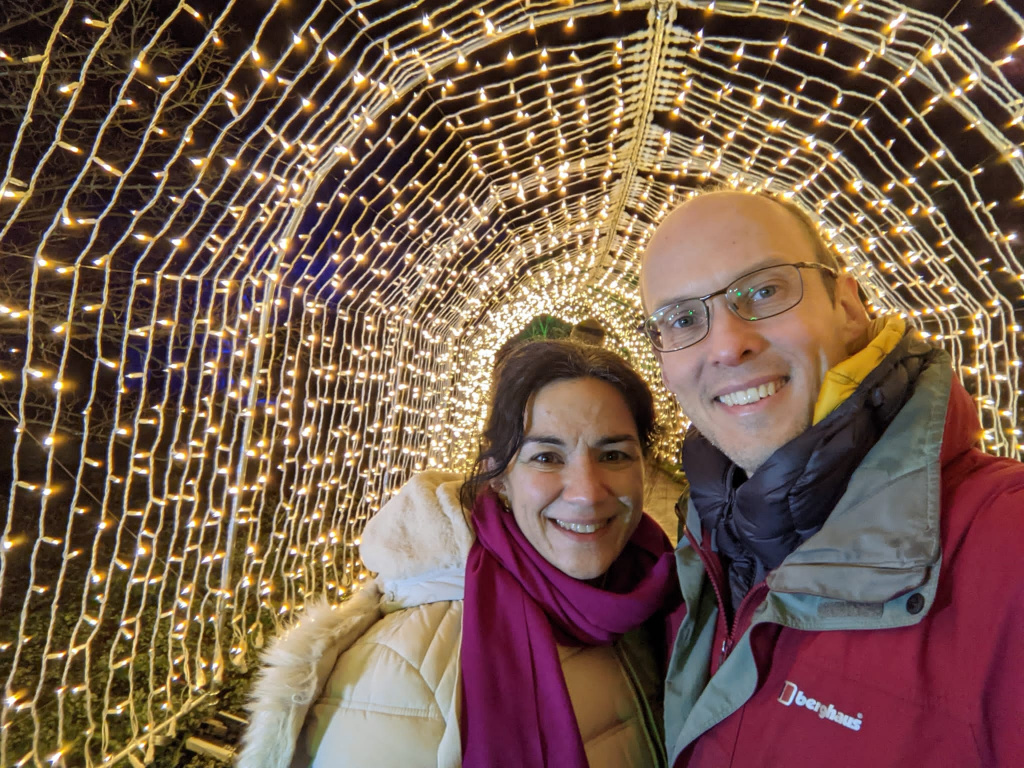
Great to hear from Jansev Jemal who is Research and Policy Director at Pro Bono Economics, a charity that uses economic insight to empower the social sector to support improved wellbeing for all in the UK. She has worked in research for over 10 years, predominantly agency side. She is a Certified Member of the MRS and has previously been a mentor on the MRS mentoring scheme.
So, how did you get into the industry, and take us through how you got to this point?
I really admire people who know what they want to do after leaving university/college/school – I wasn’t one of them. And after finishing a PhD in Political Science, my dad – who was a HR consultant – knowing how competitive the graduate jobs market is told me ‘it’s a numbers game’ and set me the challenge of getting out 100 applications. Now, I love a challenge. I grabbed a lever arch file and A to Z index cards to track all my applications. There were quite a few – but thankfully nowhere near the target. I applied for all sorts of jobs and was lucky to get two offers at the same time – a place on a three-year graduate business programme and a place as an analyst with YouGov supporting their new consultancy division. After much umming and ahhing I went with the latter and never looked back (well, almost never).
Since then I have predominantly worked in research generally for research agencies. I’ve tended to worked cross-sector, with clients spanning the spectrum of corporate, public sector, third sector and media, across a range of disciplines (including brand tracking, media tracking, product development, strategic, social and opinion polling). I started out specialising in the application of advanced analytical techniques like regression analysis (key driver analysis), segmentation, decision trees etc. and added qualitative experience down the line.
There was a period when I left the industry when a spell as a local councillor left me itching to do something more political and I left research to work for two Members of Parliament for six months. This was followed by an eighteen-month spell working in public affairs before the opportunity to return to research came up. I was working for IFF Research when the Covid pandemic struck. I live alone and I enjoy my own company, but living alone and working from home alone indefinitely was too much alone time. I was lucky IFF were brilliant at putting into place various measures to support us all. But I was desperate to get back to the office. I certainly wasn’t thinking about looking for another job. I was approached to join NCFE, an education awarding body, as Head of Research and Insight to set up the function. Having bobbed around the Senior Research Manager level for a long time this was going to be a step-up for me, but it was one I felt ready for. It was the most amazing experience and I now realise a real privilege to have the opportunity to create a team from scratch. I inherited one person and hired four. I got lucky – they’re all amazing and they gelled from the moment they came together in a way I’ve never experienced in a team. Bonds were formed that will last beyond people’s time at NCFE – as I’m already discovering. NCFE gave me the opportunity to prove to myself (and others) what I could do. Back in March this year I was, again, approached about joining a London-based charity Pro Bono Economics as a Research and Policy Director. It’s a role that brings together a mix of my skills and interests and is a lot closer to home (geographically). I originally said no, I wasn’t ready to leave NCFE yet; I felt I had more to do there. But the more I reflected I realised I needed to go for it. Half-way through my second week and I’m very excited about being able to help shape the future for Pro Bono Economics.
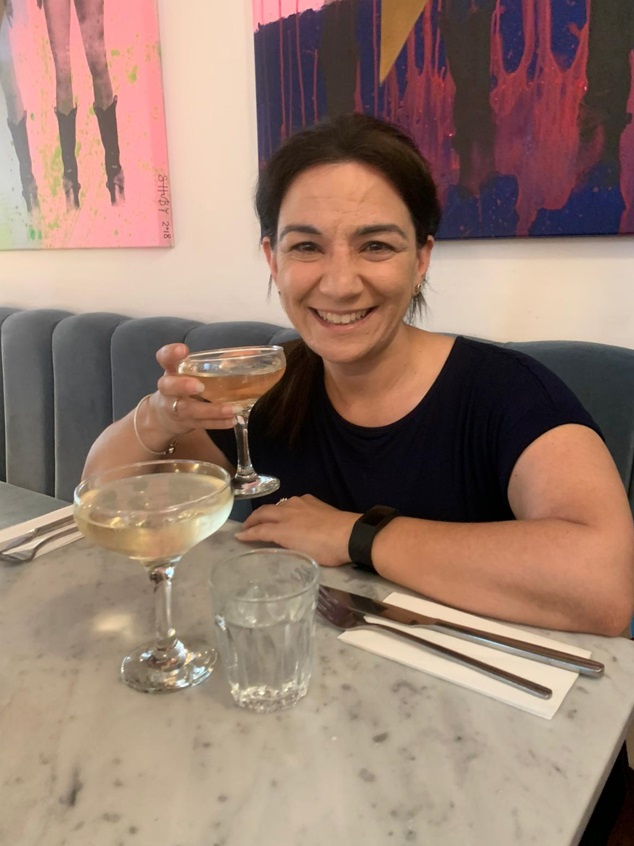
Career paths are rarely without challenges. Can you share an honest moment from your career when things didn’t go quite according to plan, but the lessons remain with you to this day?
I remember coming back from a presentation (the client was a major high street name) and I was checking something when I was filled with a moment of dread. I thought I’d calculated something incorrectly. I was desperately searching through notes for how I’d calculated it, couldn’t find anything and tried calculating it again – this time getting a different result. In a panic I went straight to the Director, lovely guy Clive Ellis, whose immediate reaction was ‘no, intuitively your calculation in the presentation feels right’ and wheeled his chair over to my desk and calmly worked through it with me confirming the figure in the deck. The key lesson from this is always keep a record of what you’ve done and how (especially if you have a memory like mine!) It sounds really simple and obvious – the reality is I’m sure I did, but make sure you have tidy sensible folders that mean you can always find what you need when you need it! Another learning from this was have faith in yourself. I’d like to say that moment of doubt was the only one I’ve ever experienced – but it wouldn’t be true. I think with age and experience you do it less often, but make sure you’ve always got good people around you who you can talk to and will provide the necessary support and assurance when you need it the most.
What two things should junior researchers focus on as they progress in their careers?
Keep an open mind and try everything – I think it’s a useful approach to life generally. And sometimes it’s easier said then done. We work in a profession where is so much variety –lots of different sectors, different areas of study (brand, communications, product development, social research etc.) as well methodological approaches. Unless you know from the outset which of these boxes you want to tick take every opportunity to gain as much experience as possible to really understand what areas you enjoy working in. And if/when you find yourself working in an area that may not pique your interest (we all do at some time) look for what you will get out of working on that project – new knowledge, new client, new team mates – there’ll always be something positive to take from the experience.
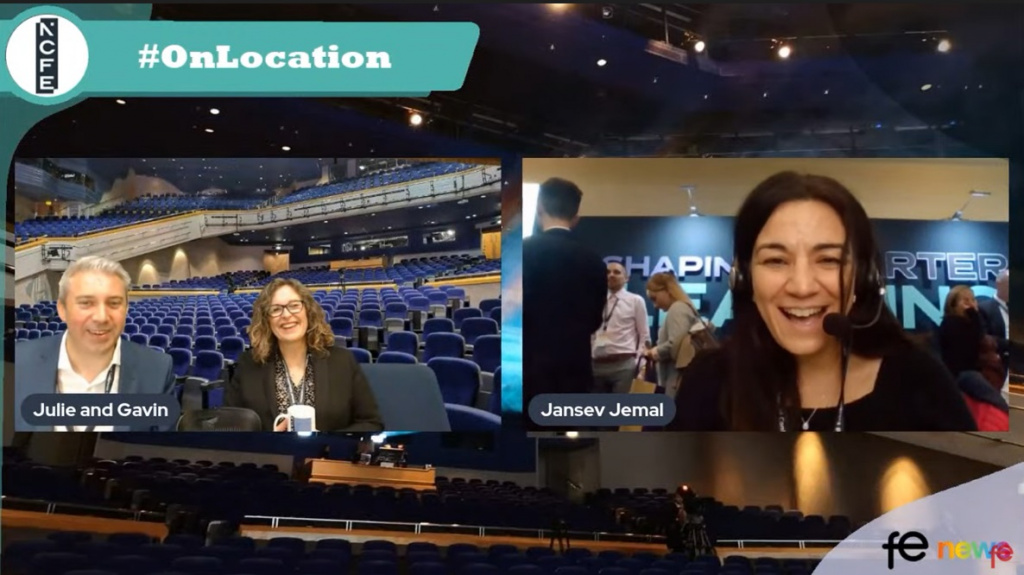
How do we ensure that students and those leaving school aspire to join our sector?
One of the reasons I enjoy working in research is that I love learning new things. You’re often juggling multiple projects on different topics and each one is an opportunity to learn, to shape the research question and analysis. You’ll also be providing advice and guidance to clients about what they should do (or not do), and how they can best move forward. No two days are ever the same. And along the way you sharpen lots of skills including thinking, evidence gathering and analysis, writing and presentation skills. If we can get across that variety, that continual progression of the individual while at the same time adding value for our clients (or our organisation if in-house) then I think people would jump at the chance to work in research.
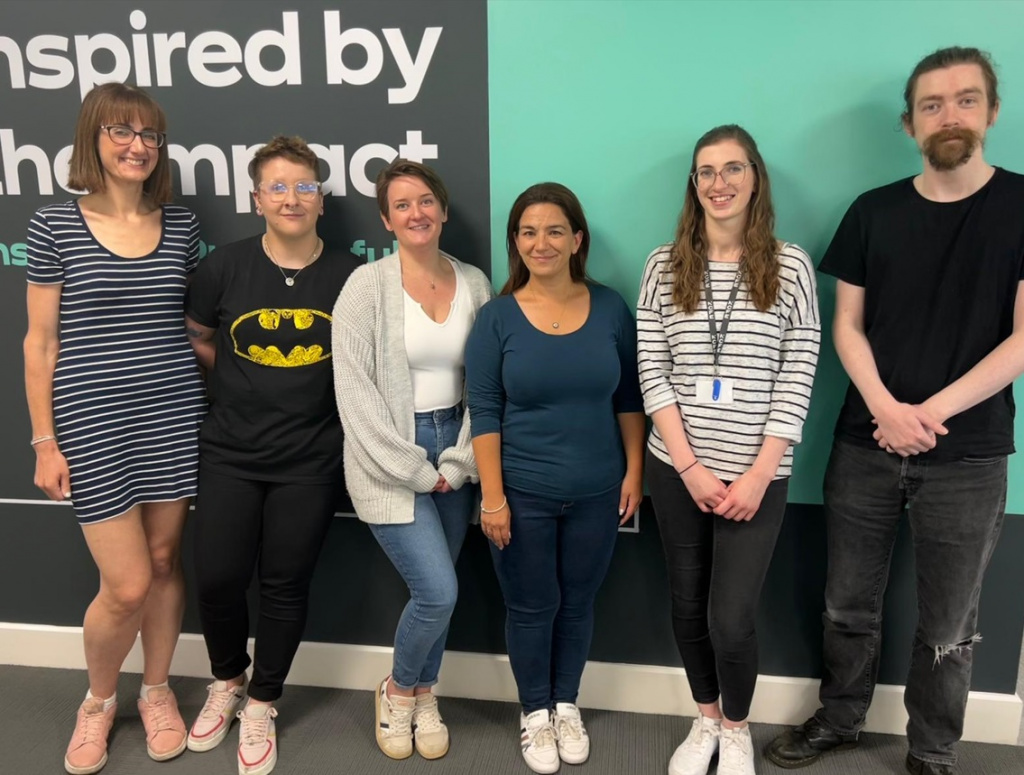
Do you have any advice for our sector?
I think that the research sector is a really great one to be working in. There’s only one piece of advice I would give to the sector and that relates to diversity and recruitment practices. A lot of agencies have very rigorous recruitment processes – which is absolutely right, but at an entry level I think it’s worth looking at whether the requirement for higher education can be relaxed (at least for some if not all candidates) and recruited based on aptitude and attitude; this might help us to achieve more diversity through the profession.
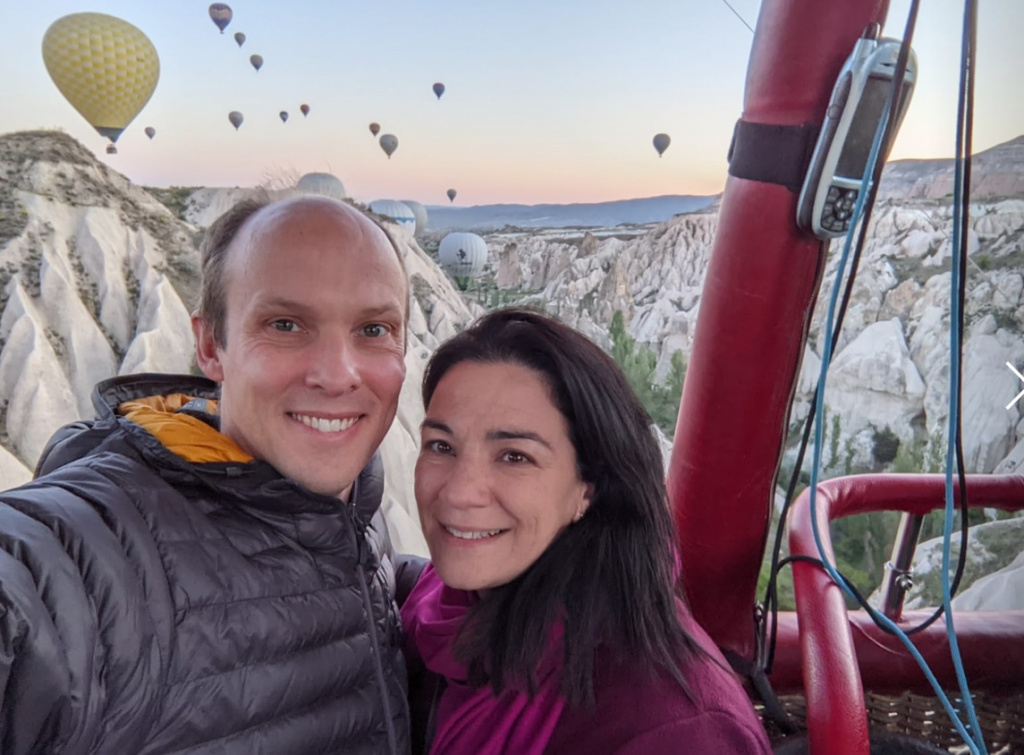
And do you have anyone who has helped your career so far that you’d like to acknowledge and say thanks or give a shout out to?
It’s really hard to pick just one. First, Juliet Strachan. Juliet offered me a job as Data Analytics Manager at HPI Research. I took the interview because a former boss arranged it but I really wanted to branch out into research and turned the job down. Juliet persuaded me to accept and 12 months later helped me transition; this was probably a turning point in my career and I will be eternally grateful to Juliet. Philip Le Feuvre who gave me the opportunity to join NCFE as Head of Research and Insight, a real step up in my career, and Matt Whittaker who saw my profile on LinkedIn and approached me to join Pro Bono Economics – although I’ve only just started I’m very excited about the future.